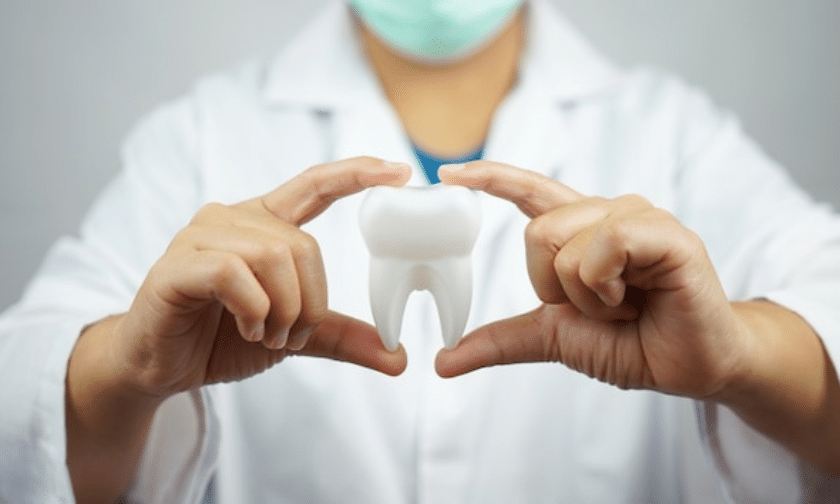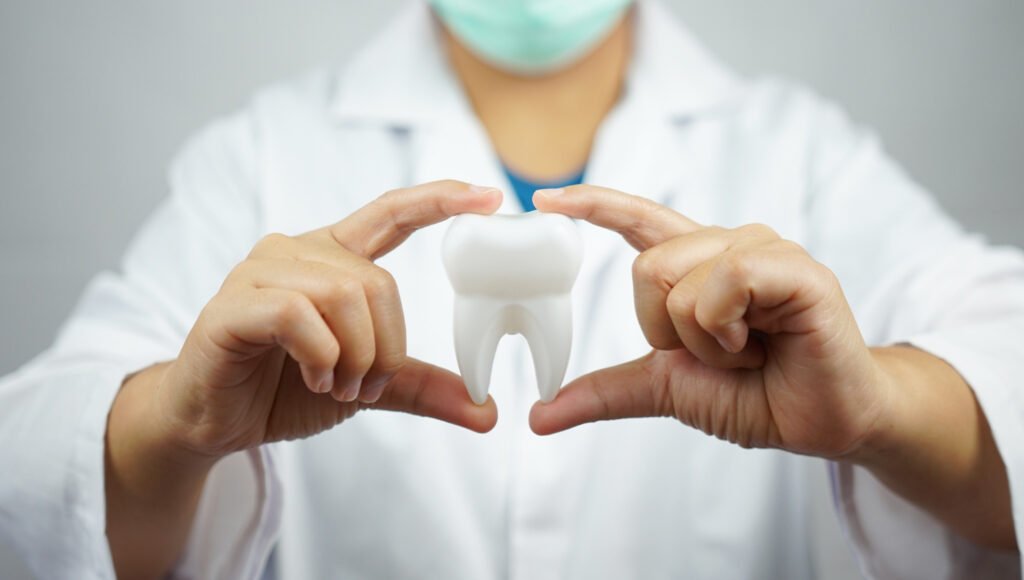Maintaining good oral health is essential for overall well-being. A healthy mouth helps you eat, speak, and smile confidently, while also protecting your body from infections and diseases. Poor oral hygiene can lead to cavities, gum disease, bad breath, and even heart or diabetes-related complications.
In this article, you’ll learn what oral health is, common problems, natural ways to maintain it, and a daily routine for a strong, healthy mouth.
What Is Oral Health?

Oral health refers to the condition of your teeth, gums, tongue, and the entire mouth. Healthy oral tissues are free from disease, pain, and infection. Good oral health is not just about a bright smile—it plays a role in:
-
Preventing tooth decay and gum disease
-
Maintaining fresh breath
-
Supporting proper digestion
-
Reducing the risk of systemic illnesses
Common Factors Affecting Oral Health
Several lifestyle and dietary factors can influence oral health:
-
Poor Brushing and Flossing: Leads to plaque buildup, cavities, and gum disease.
-
Diet High in Sugar: Increases the risk of tooth decay and enamel erosion.
-
Smoking and Alcohol: Harm gums, teeth, and overall oral tissue health.
-
Stress: Can cause teeth grinding, gum inflammation, and mouth sores.
-
Dehydration: Reduces saliva, which protects teeth from decay and infections.
-
Lack of Regular Dental Checkups: Delays detection and treatment of oral problems.
Common Oral Health Problems
-
Tooth Decay: Caused by plaque and bacteria eroding tooth enamel.
-
Gum Disease: Gingivitis or periodontitis leading to swollen, bleeding gums.
-
Bad Breath: Often caused by poor oral hygiene, food particles, or infections.
-
Tooth Sensitivity: Pain from hot, cold, or sweet foods due to enamel loss.
-
Mouth Sores: Canker sores or irritation from injury or infection.
Natural Ways to Maintain Oral Health
Maintaining oral health naturally involves proper habits, diet, and regular care.
1. Brush and Floss Properly
-
Brush at least twice a day using gentle circular motions.
-
Use fluoride toothpaste to strengthen enamel.
-
Floss daily to remove food particles and plaque between teeth.
2. Eat a Mouth-Friendly Diet
Certain foods support strong teeth and healthy gums:
-
Dairy Products: Milk, cheese, and yogurt for calcium and enamel strength
-
Leafy Greens: Spinach and kale for vitamins and minerals
-
Fruits and Vegetables: Crunchy produce like carrots and apples stimulate saliva
-
Nuts and Seeds: Provide essential minerals for teeth and bones
-
Green Tea: Contains antioxidants that reduce plaque and inflammation
Limit sugary snacks, soft drinks, and processed foods to prevent decay.
3. Stay Hydrated
Water helps wash away food particles and bacteria while keeping saliva production normal. Proper hydration prevents dry mouth, which can lead to decay and gum disease.
4. Avoid Harmful Habits
-
Quit smoking or using tobacco products
-
Limit alcohol consumption
-
Avoid chewing hard objects like ice or pens to prevent tooth damage
5. Manage Stress
Stress can trigger teeth grinding (bruxism), jaw pain, and gum inflammation. Reduce stress with:
-
Deep breathing exercises
-
Yoga or meditation
-
Adequate sleep
-
Hobbies or relaxing activities
6. Regular Dental Checkups
Even with perfect habits, routine dental visits are essential:
-
Professional cleaning removes plaque and tartar
-
Early detection of cavities, gum disease, or oral cancer
-
Guidance on proper brushing and flossing techniques
Daily Routine to Support Oral Health
|
Time
|
Activity
|
Benefit
|
|---|---|---|
|
Morning
|
Brush with fluoride toothpaste
|
Removes overnight plaque and strengthens enamel
|
|
After Breakfast
|
Rinse mouth with water
|
Wash away food debris and sugar
|
|
Midday
|
Chew sugar-free gum
|
Stimulates saliva and prevents dry mouth
|
|
Afternoon
|
Drink water regularly
|
Maintains hydration and oral cleanliness
|
|
Evening
|
Brush and floss
|
Removes food particles and prevents plaque buildup
|
|
Night
|
Rinse with water or antiseptic mouthwash
|
Protects against bacteria while sleeping
|
A consistent routine ensures strong teeth, healthy gums, and fresh breath.
Additional Tips for Oral Health
-
Avoid eating too many sugary or sticky foods
-
Use a soft-bristled toothbrush to prevent gum damage
-
Include vitamin C and calcium-rich foods to support gum and tooth health
-
Replace toothbrush every 3–4 months
-
Practice mindful chewing and maintain good posture while eating
Frequently Asked Questions (FAQs)
1. How can I improve oral health naturally? Brush and floss daily, eat a balanced diet, stay hydrated, manage stress, and visit the dentist regularly.
2. Does water help oral health? Yes, it washes away bacteria and keeps saliva production normal.
3. How does stress affect oral health? Stress can cause teeth grinding, gum inflammation, and mouth sores.
4. Can diet affect my teeth and gums? Yes, nutrient-rich foods strengthen enamel, prevent decay, and support gum health.
5. How often should I visit the dentist? At least twice a year for cleaning, checkups, and early problem detection.
Conclusion
Good oral health is essential for a confident smile, strong teeth, and overall wellness. With proper brushing, flossing, diet, hydration, stress management, and regular dental visits, you can maintain a healthy mouth naturally. Following a consistent daily routine ensures long-lasting oral care and prevents common problems.
“If you are looking for a natural way to improve your health and lifestyle, [PurDentix] could be the perfect choice. Start your journey today.”







